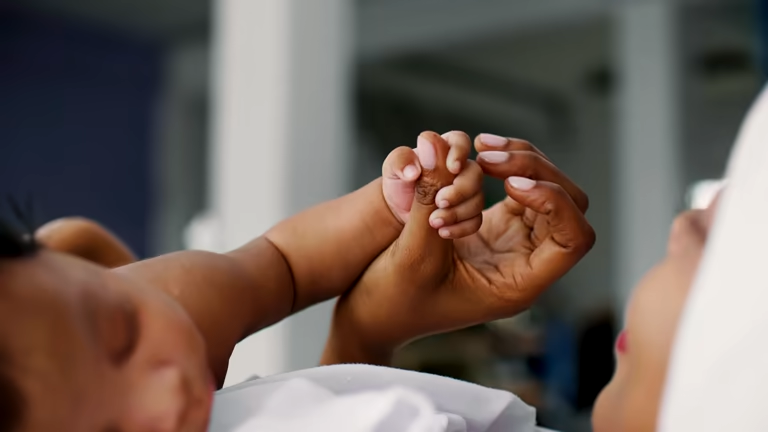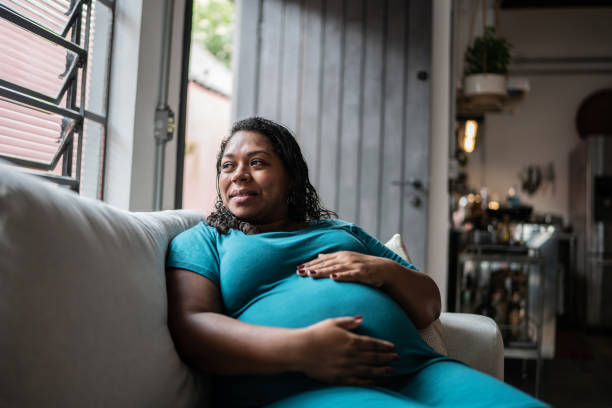
In a country that boasts some of the most advanced medical technology in the world, Black women are still dying during and after childbirth at rates three to four times higher than white women. This isn’t a glitch in the system—this is the system.

Black maternal mortality is not just a medical issue; it’s a reflection of a society that has long undervalued Black lives. It’s a product of medical racism that runs from hospital hallways to medical school classrooms. Despite socioeconomic status, education, or access to health insurance, Black women still face systemic biases that can cost them their lives.

Serena Williams. Shalon Irving. Kira Johnson. Different stories. Same root cause.
When Black women say they’re in pain, they’re often ignored. When their symptoms worsen, they’re dismissed. Too many Black women die not because the condition was untreatable, but because the treatment never came. And let’s be clear—this isn’t about genetics or biology. It’s about centuries of racist myths baked into healthcare practice: the belief that Black people have a higher pain tolerance, that they’re less likely to comply with care, or that their complaints are exaggerated.

The legacy of slavery and eugenics still echoes in the way Black patients are treated. From underrepresentation in clinical trials to misdiagnosis and poor communication, the disparities are not accidental—they are institutional.
Black maternal mortality is a crisis born of neglect, implicit bias, and institutional arrogance. Solutions exist—culturally competent care, more Black physicians and midwives, holding systems accountable—but they’re not widely implemented because the urgency isn’t felt by those in power. Because these are Black women.

Until we center Black voices in the conversation, demand equity in care, and call out racism where it festers—in hospitals, clinics, and policy—this crisis will continue. And that’s not just a failure of healthcare. That’s a failure of humanity.
Titus Terrell Contributed To This Story
⸻




